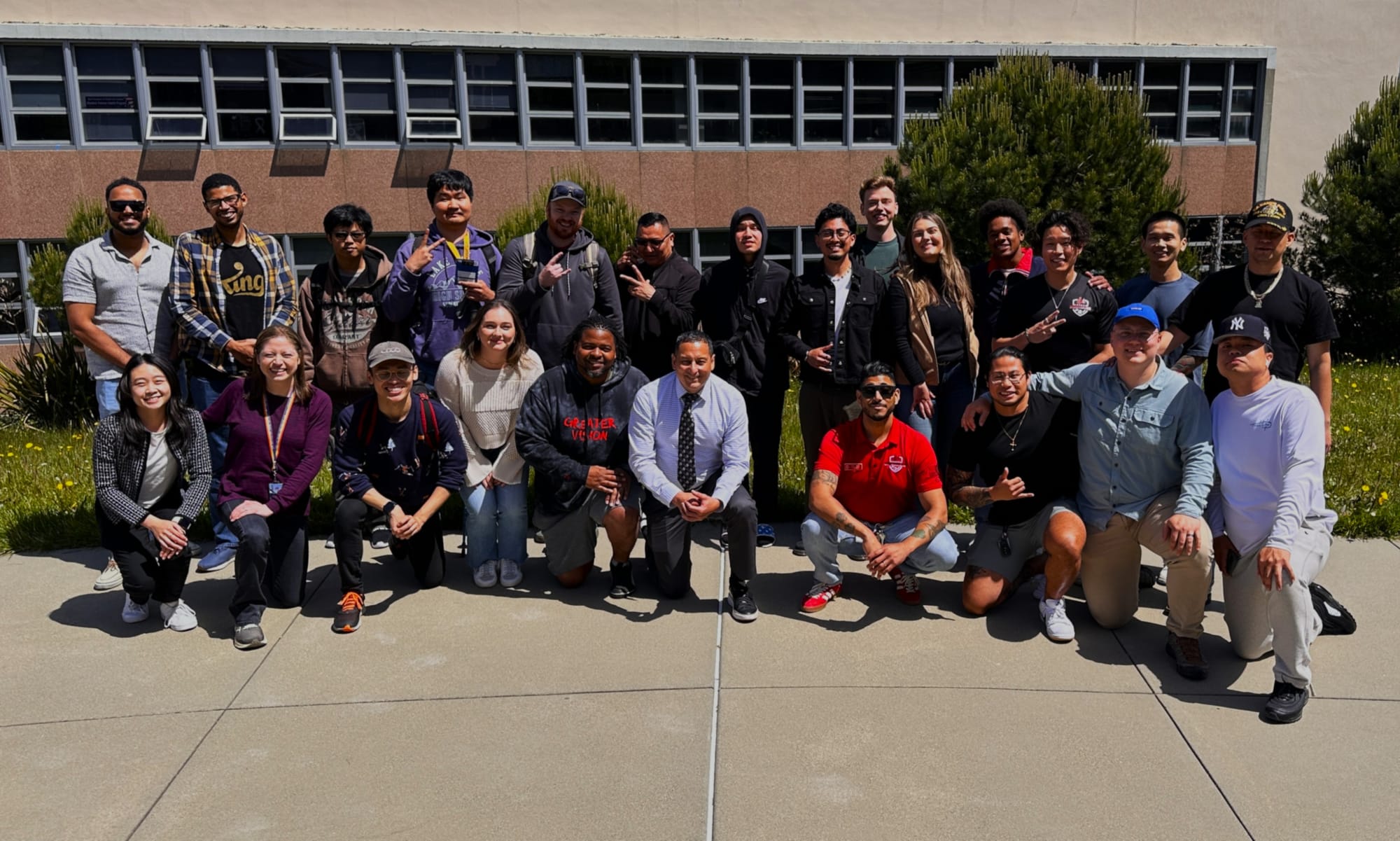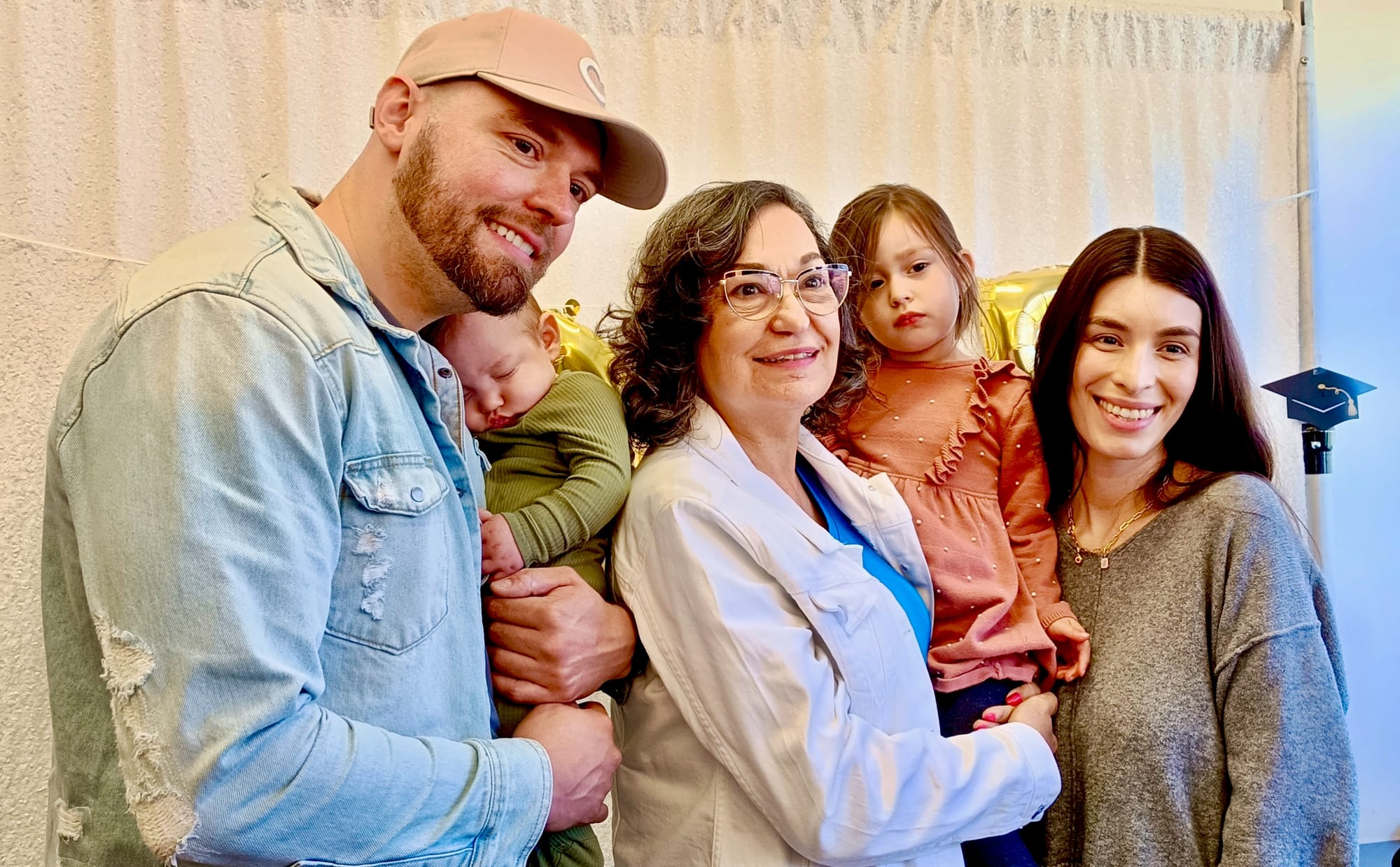From Service to Studies: Finding a New Bond Beyond the Uniform
Opened in August 2010, the VRC was the first of its kind among California’s 116 community colleges, following the launch of the GI Bill in 2008. Since then, the center has expanded alongside programs like the Student Veterans Health initiative, offering support that goes beyond academics.


By Qi Mai
The Veterans Resource Center hums with conversation, coffee, snacks, and the soft rhythm of keyboards. Students who once served in uniform now share something new — a “good bond.” For many, it’s more than a place to study — it’s a space of belonging.
Opened in August 2010, the VRC was the first of its kind among California’s 116 community colleges, following the launch of the GI Bill in 2008. Since then, the center has expanded alongside programs like the Student Veterans Health initiative, offering support that goes beyond academics.
In the 2025 academic year, City College serves about 1,200 veteran students. More than 700 use financial aid, over 100 study without it, and many take classes online. The VRC provides access to veterans’ benefits, helping them navigate health care, financial aid, and enrollment, all while creating a supportive community.
A New Mission
Veteran students are typically older than traditional college students and often feel hesitant about returning to school. But the VRC helps them adjust. It offers a one-stop support system and a sense of community that keeps students connected and engaged.
Jack H., a General Business major, was one of those students. In 2011, he walked into the VRC with uncertainty and met Brian J. Vargas, the VRC’s senior manager. Within three hours, Vargas helped him register for classes, apply for VA benefits and health care, complete orientation, and set up his education plan.
“When they’re coming out of the military and into our campus, they’re not just being met with support for education, but also for their health care and other benefits,” Vargas said. A US Marine veteran himself, he understands the challenges these students face and works to make each one feel at home.
After earning his AA degree in 2013, Ayadi worked in business but decided to return in Spring 2025 for more education. “Having leaders like them engaged to assist veterans and students makes a great difference in our education,” he said. Inspired by their example, he founded the Veterans Community Alliance to connect veterans and community leaders.
Shared Purpose
Student veterans are remarkably resilient. Despite being older than the average student, balancing family responsibilities, and in some cases managing health issues, they persevere through their studies to the end — almost no one gives up. In 2025, City College’s student veterans had a graduation rate of about 70%, and many went on to transfer to four-year universities.
Jonathon Gilyard, a Marine Corps veteran and Business Management major, is another example. He served from 2011 to 2020, earning 370 Military Challenge Coins, including one personally presented by former President Obama after serving at the White House.

He relocated from San Diego to the East Bay in 2017 to attend City College. After his first visit to the VRC, he completed all the necessary applications. “It was smooth, effective, and comfortable—it felt familiar and welcoming,” he said. Now in his second semester, Gilyard plans to graduate in 2027 and transfer to a university. His wife and kids love his cooking; he has taken culinary classes to sharpen his skills.
Mike Phouangphet, a Navy veteran majoring in General Business, transferred to City College from another college in Spring 2025. For his first semester, he commuted 3.5 hours from Fresno. “I think City College is the best college in California,” he said. By Fall, he had moved to San Francisco full-time.
Passing the Torch
Jesus Chuy, a Marine Corps veteran who transferred to San Francisco State University in 2024, continues to visit the VRC for events and parties. “I’m really grateful for my experience in the military — and I got lots of benefits from it,” he said. “The student worker helped me in the way I wanted to help others.” Later, he became a student worker. “We created a good bond. Whenever I needed help, they were there.”
For Carlos Iniguez, a nursing student, the VRC feels like home. “Between classes, I hang around, drink coffee, eat snacks and socialize,” he said. His wife and younger brother, Daniel, also attended City College, and his mother enjoyed the 2025 graduation at the center in May of that year.
The VRC continues to strengthen its ties with local universities. Recently, it organized campus tours to UC Berkeley and San Francisco State University, where veteran resource directors encouraged City College students to apply. With military credits and benefits, many veterans graduate nearly debt-free.
For many students, the Veterans Resource Center is more than an office — it’s a community. Here, uniforms are replaced by backpacks, and the only battles fought are academic and personal. The bonds formed at City College are powerful reminders that service, learning, and belonging don’t end with the military — they begin anew.



